
It doesn’t affect everyone, just those exclusive with Amazon. That means you’re in the Amazon Kindle Unlimited program, which means if a reader pays $9.99 a month, they’ll get all the books they want.
It’s a subscription model, and that means if your books are in the program, you’ll get certain payouts based on how much of your book a reader reads.
Confused yet? Don’t worry – the self-publishing world is abuzz today, as these new rules just went into effect yesterday.
In this post we’ll explore the changes, and offer a little historical context as well.
Whenever I get the Amazon email on the 15th of the month, I just go to Kboards. Yeah, I got kicked off that site but can still view threads, and once a month I go there because they have the payout listed super fast. Each month I expect it to get lower, and that month I was not mistaken – it’s abysmal.
I left a lengthy comment about my own experience on the post, and my plans for May and June when I’m not exclusive with about 20 novels anymore.
This is what I noticed on my Amazon dashboard today, the first time I’ve seen this:
I’m not sure, and maybe this book is a bad example to use. Nonetheless, I should get…what, exactly?
Nate Hoffelder has the post that tells us this on Ink, Bits, & Pixels, called KDP Select’s New Royalty is Estimated to be Around Half a Cent Per Page. I’ve left a few comments there, and so have others. It’s a good one to check out.
Another post is Analyzing Kindle Unlimited's New Page Read System, which was put up on Susan Kaye Quinn’s site yesterday. The Passive Voice is already filling up with comments in response to that post.
What Quinn has done is taken the Kboards arguments and put them into a post, saving you from the time-suck that is that site. This is what the Quinn Payout Model looks like:
Wow, honey…call the boss and tell him you’re done – we’ve hit the jackpot!
But we’re erotica authors. We are the most versatile, adaptive and scrappy bunch of people I have ever known. And if Amazon thought we were going to take this lying down?
Bwahahahahahahahahahaha. Then they don’t know us very well!
It was revealed on June 30 that Scribd is Culling Romance Titles From Its Catalog Because You’re Reading Too Damn Much. Perhaps worse, it was revealed that for the past 18 months, the subscription book service was actually losing money and just letting it happen. Great business strategy…not!
So there’s absolutely no incentive for erotica/romance authors to remain on those retailers, at least if the subscription models were the main draw. But now…with half a penny a page…is there any incentive for erotica/romance authors to stay with Amazon?
Now might be the time for you to drop in at Kboards and see which arguments are taking precedence. For all you that don’t know, that a writer’s forum where people ‘discuss’ things. Right now I’d imagine everyone’s in a tizzy, trying to figure out what to do.
To me, it boils down to this: Do you want half a penny a page or not?
I think it’s a joke, actually, and I can’t help but think of the December 2014 post on Dean Wesley Smith’s blog called The New World of Writing: Pulp Speed. He mentioned how writers 115 years ago used to make more than Amazon subscription writers do today:
Around this split period of 1900, the pulp magazines were coming in, and with the pulp magazine expansion, stories were needed to fill the pages of the exploding pulp magazine field. And the writers who could write sellable stories quickly discovered they could become very rich writing for one cent per word.
Today you’d be getting between $0.81 and $1.08 if you were paid half a penny a word, but remember, we’re being paid by the page. Words are no longer what matters, it’s pages.
Conclusion
Writes have really gotten screwed in the past week, or at the start of this new financial quarter. I mentioned that yesterday in a comment, how people are going to be getting paid a lot less than they think. Readers skim, they skip pages, they don’t finish books.
Incomes will be going down, authors will be complaining more, and some names will vanish entirely as ‘real jobs’ have to be sought. Welcome to self-publishing in the latter half of 2015.

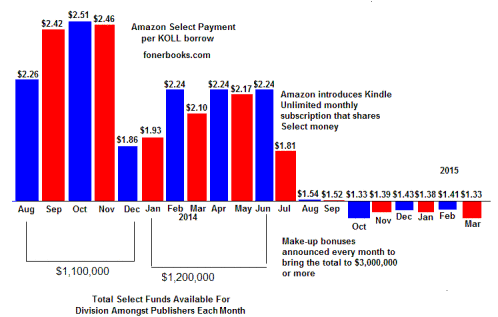

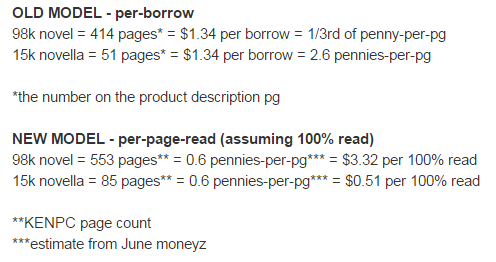

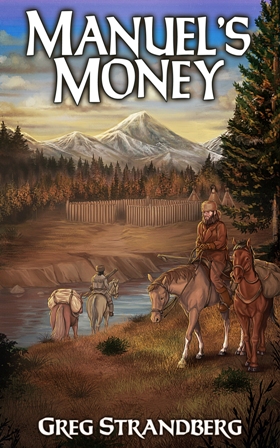
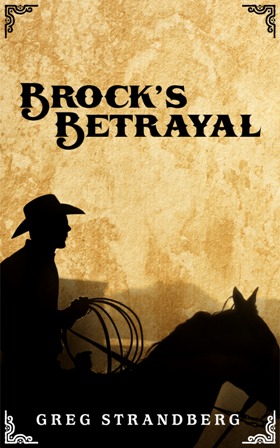
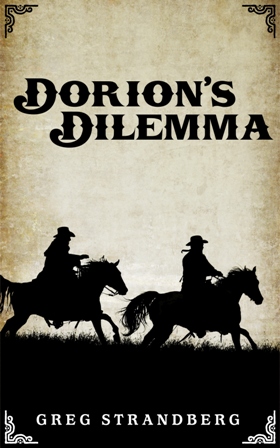
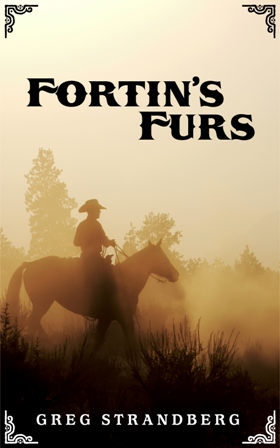

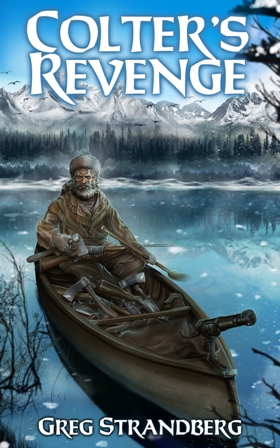

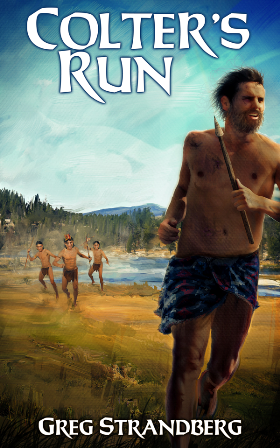
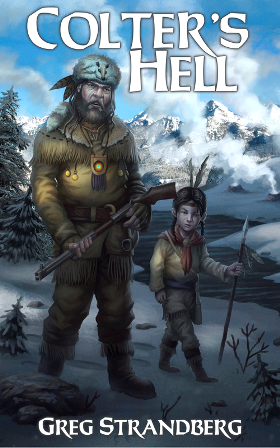

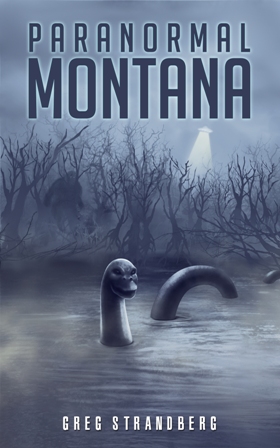
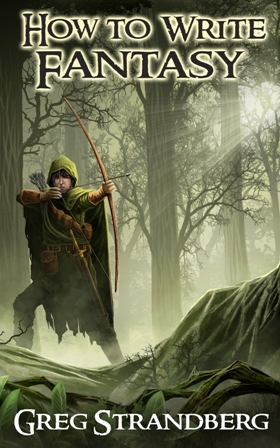

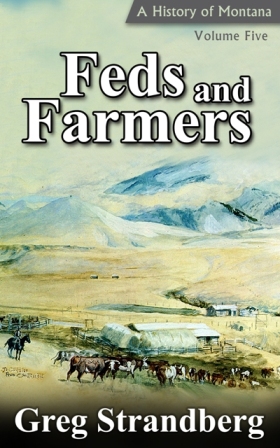
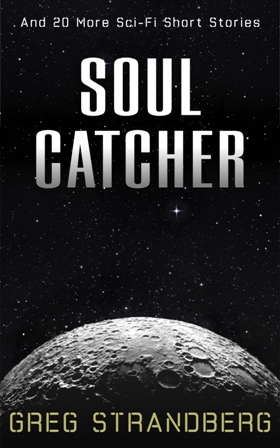
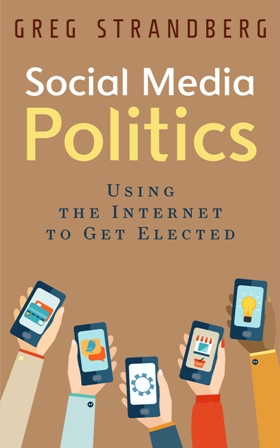
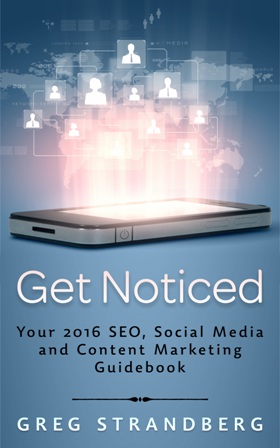
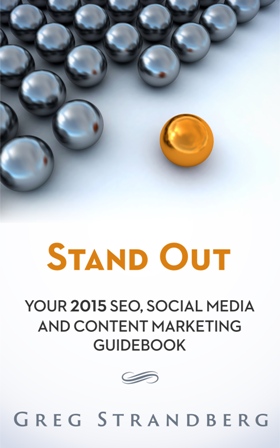
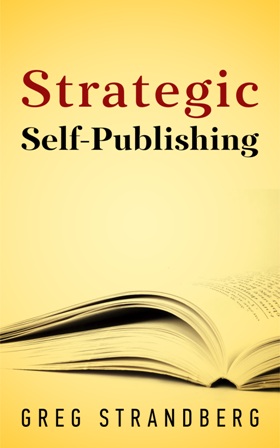
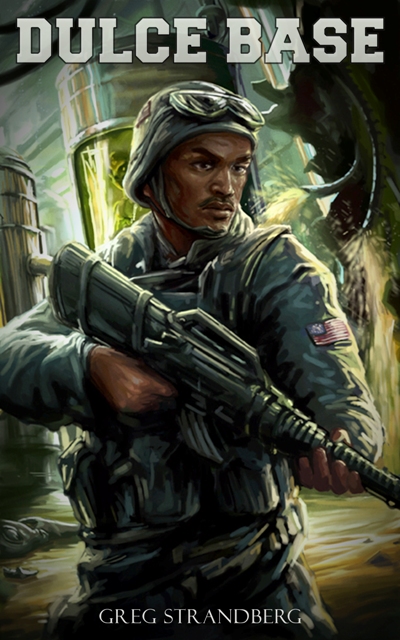
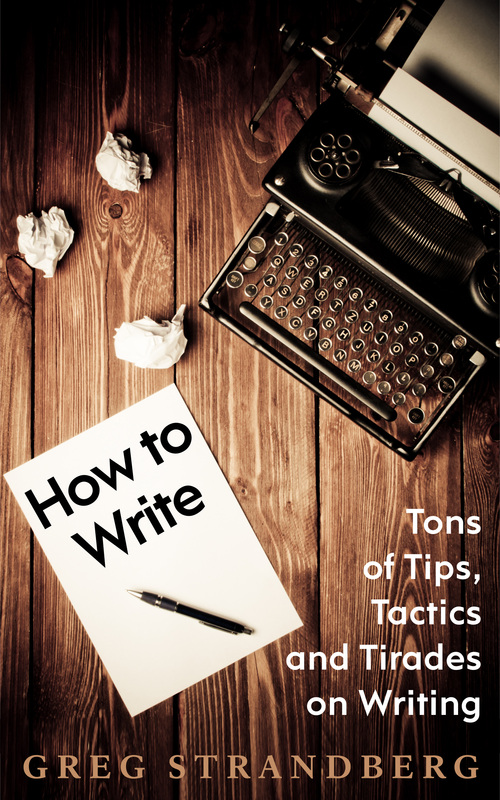
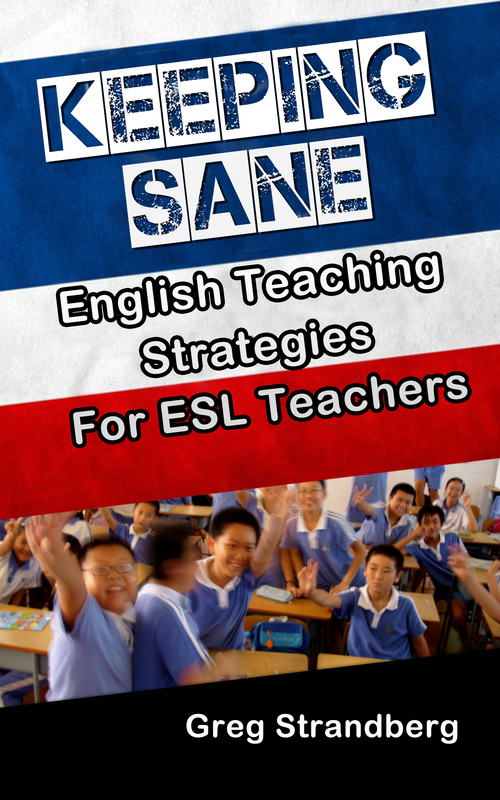
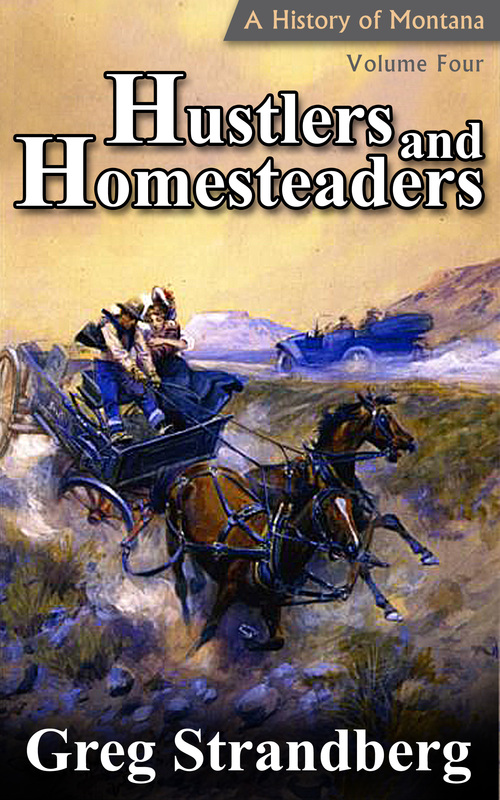
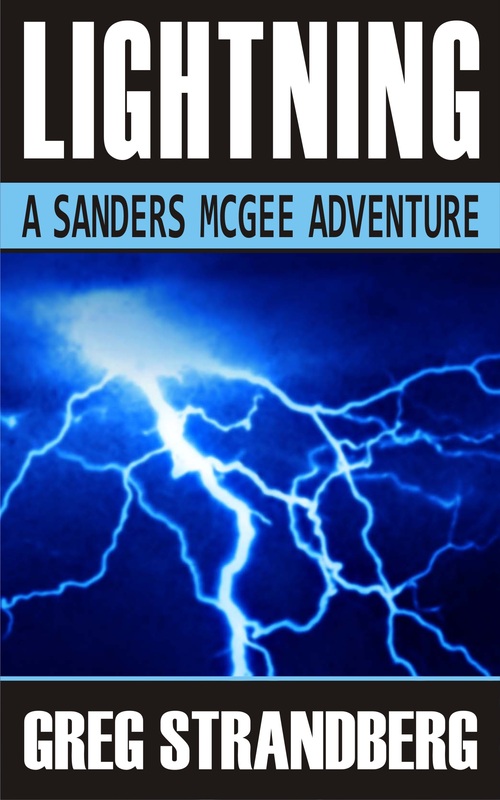

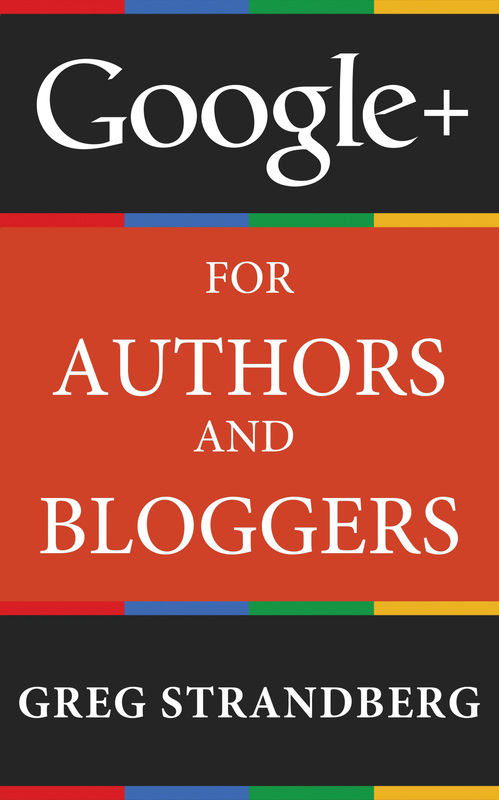
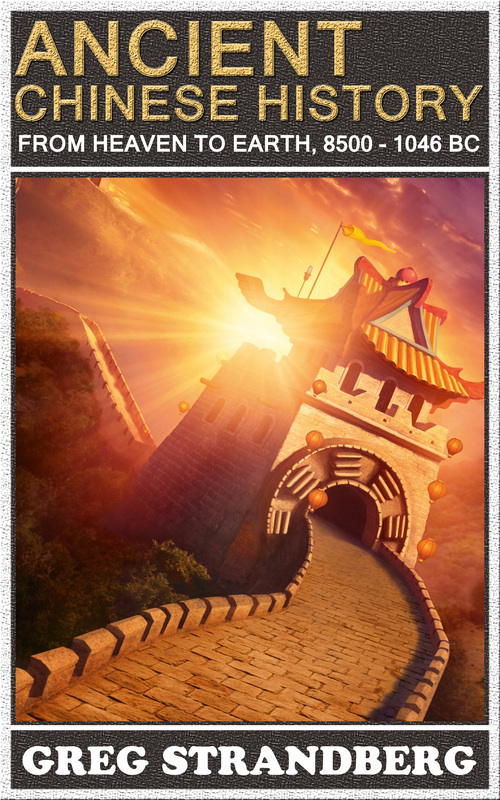




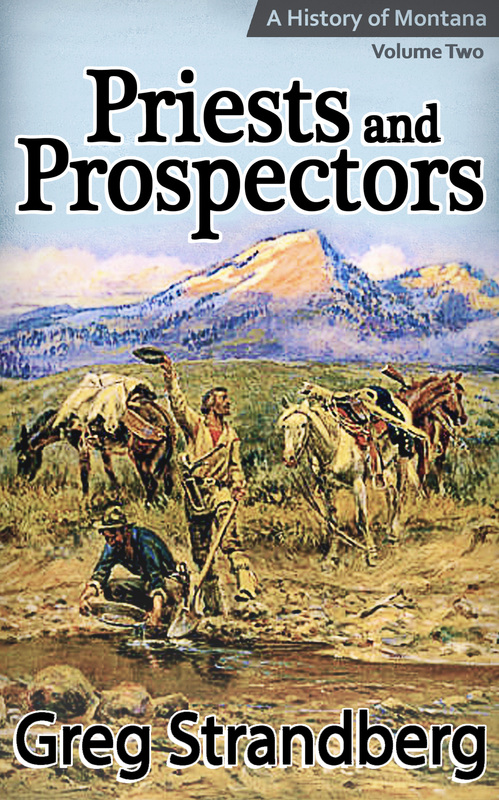
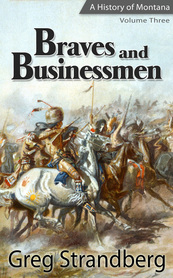
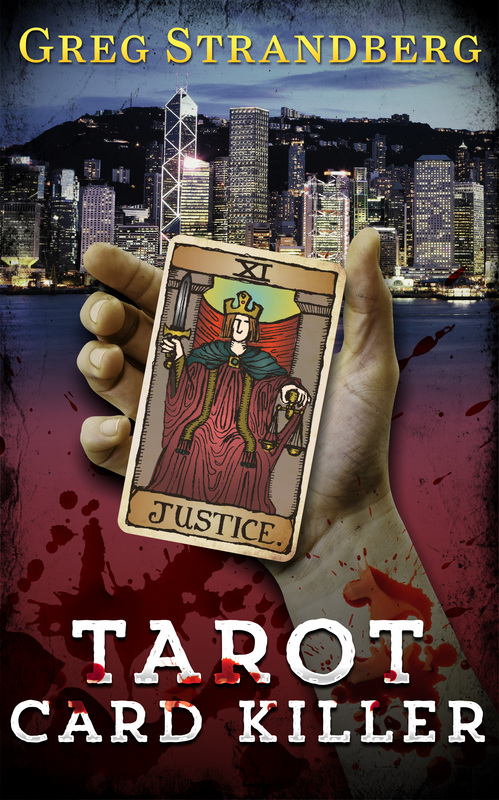
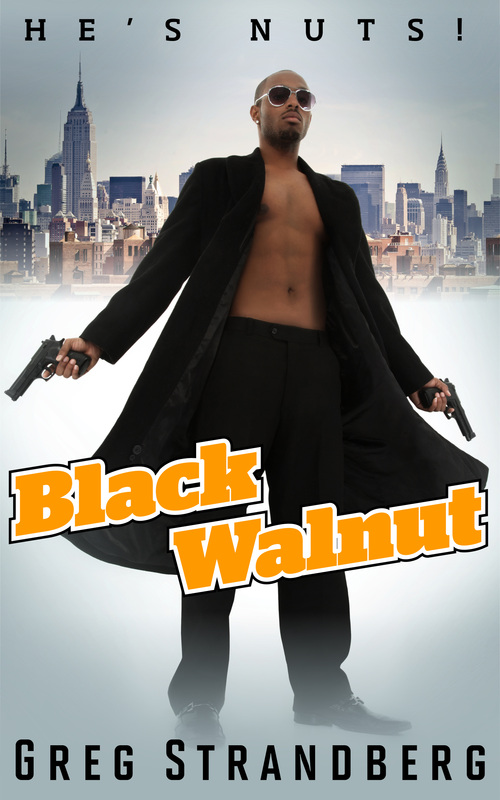
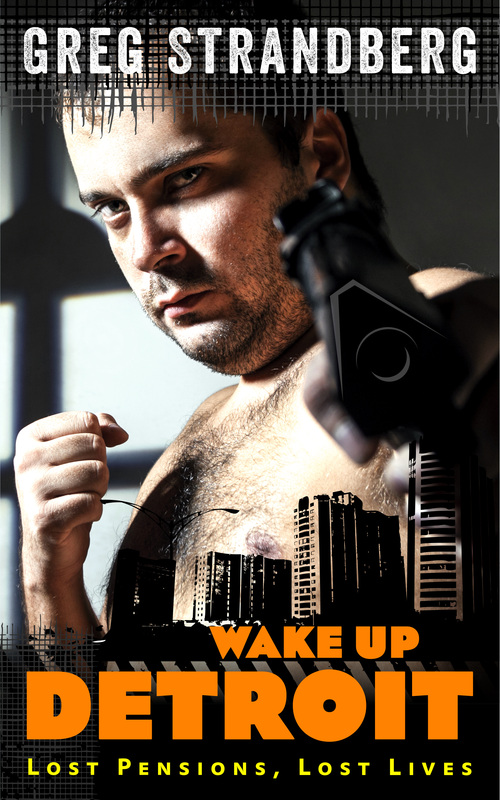
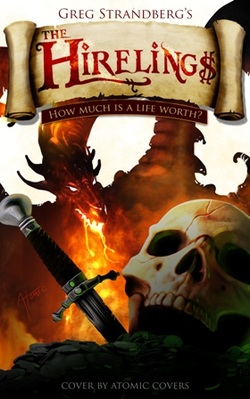
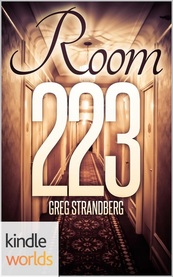

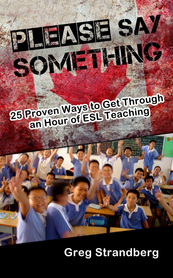

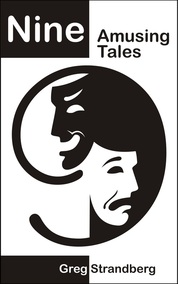
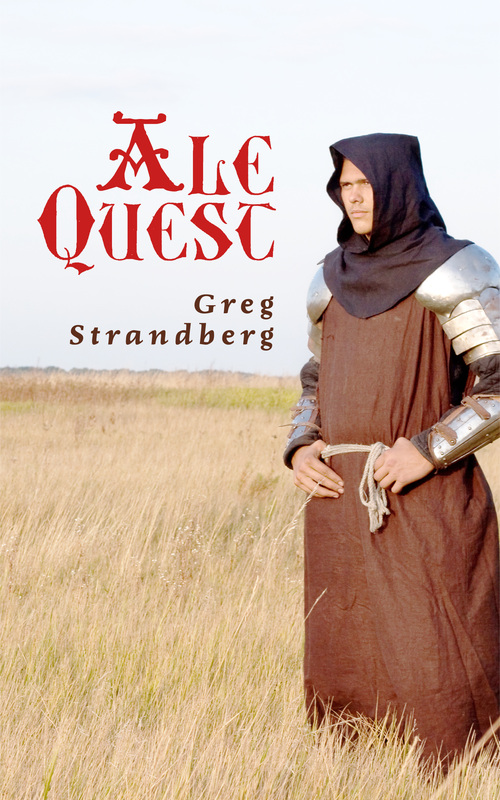
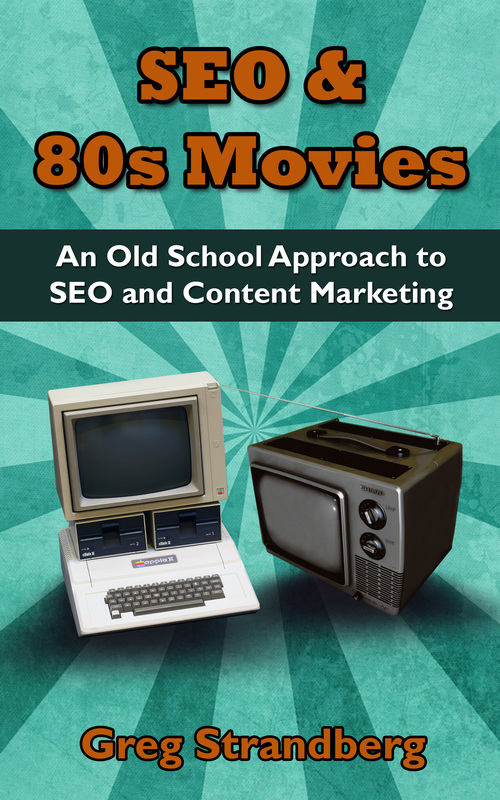
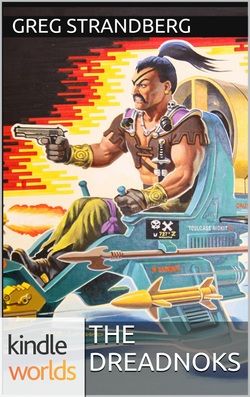

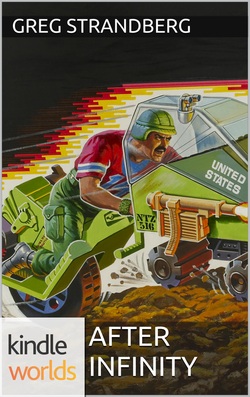
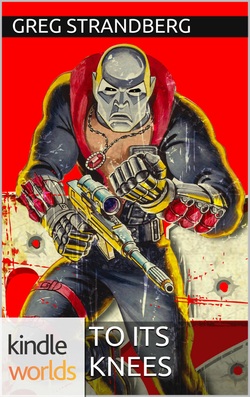
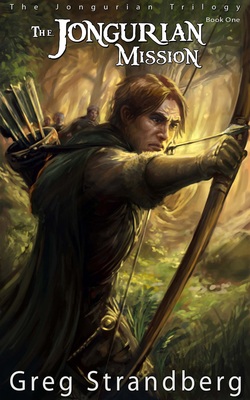



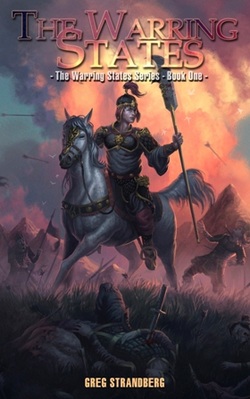
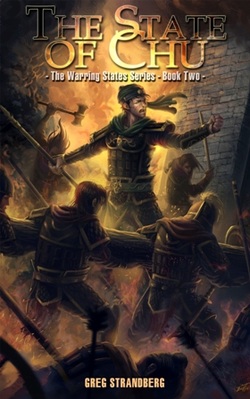
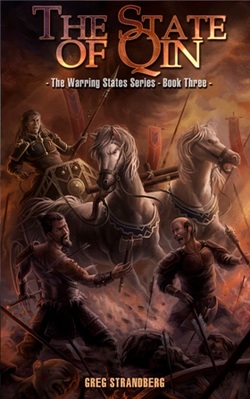

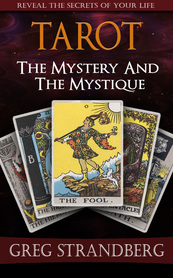
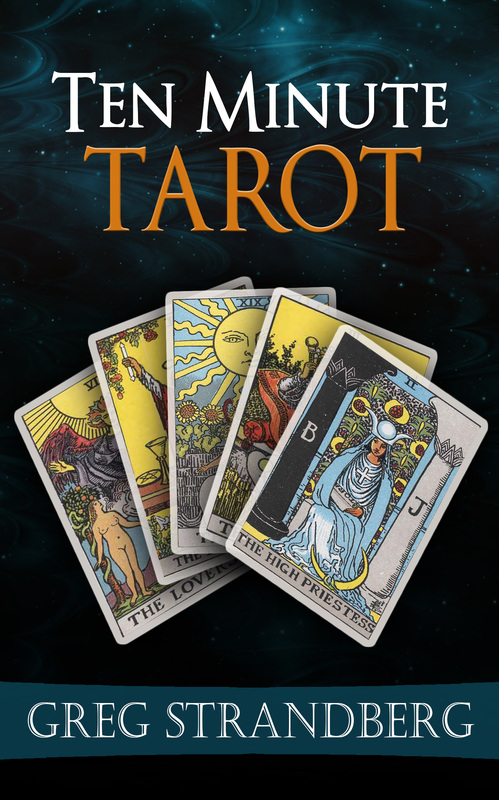
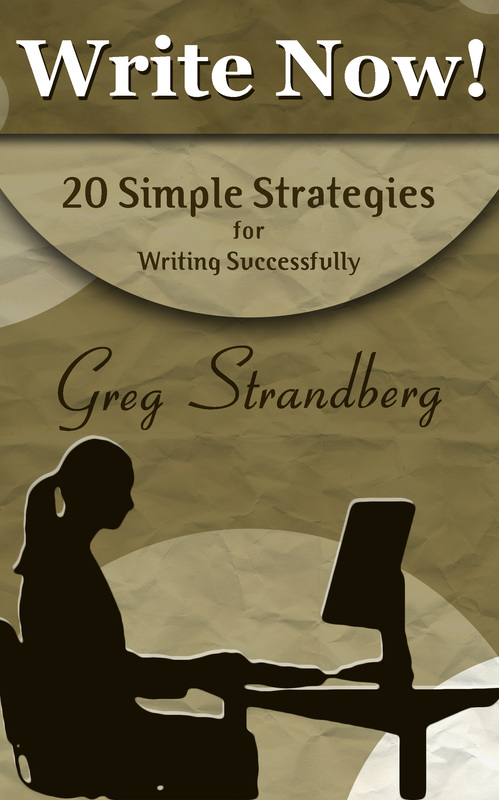
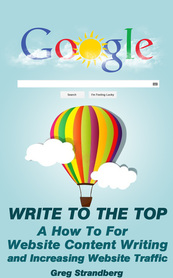


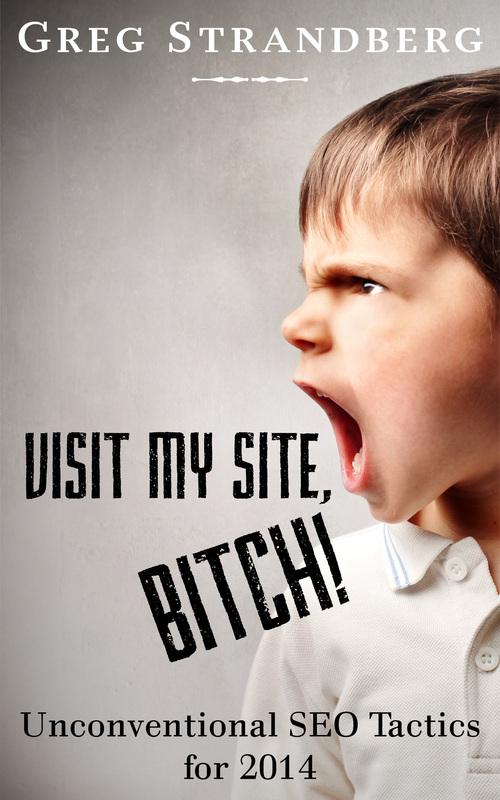
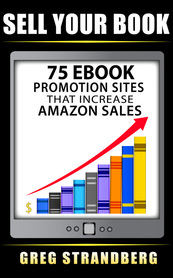
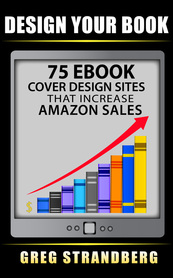
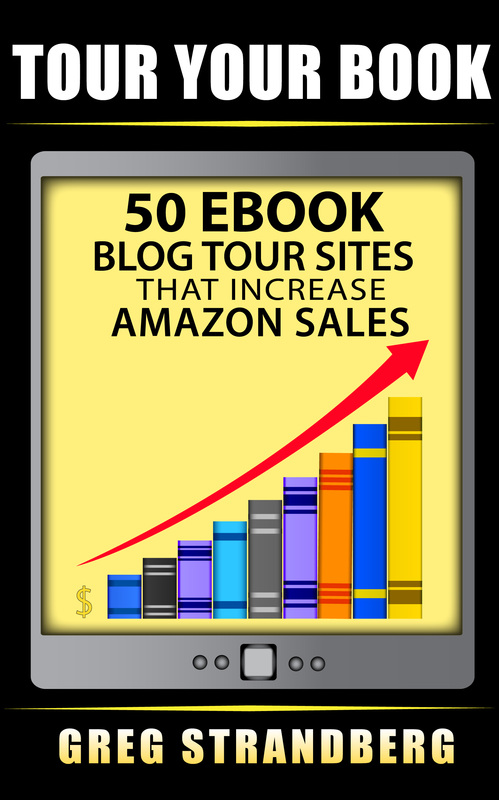




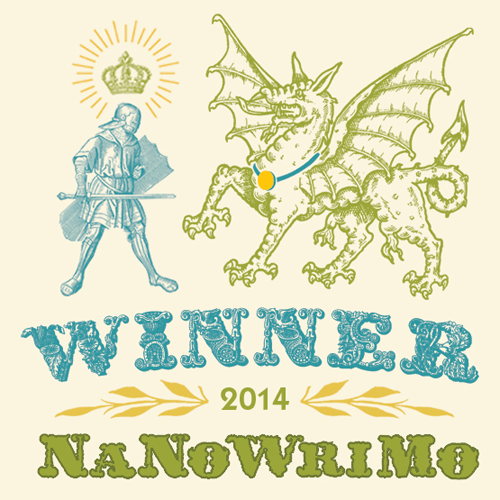
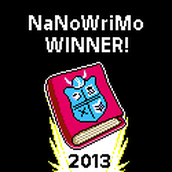
 RSS Feed
RSS Feed